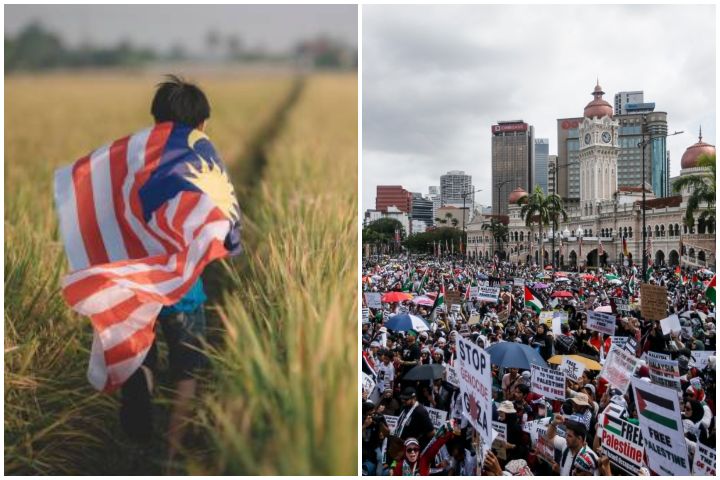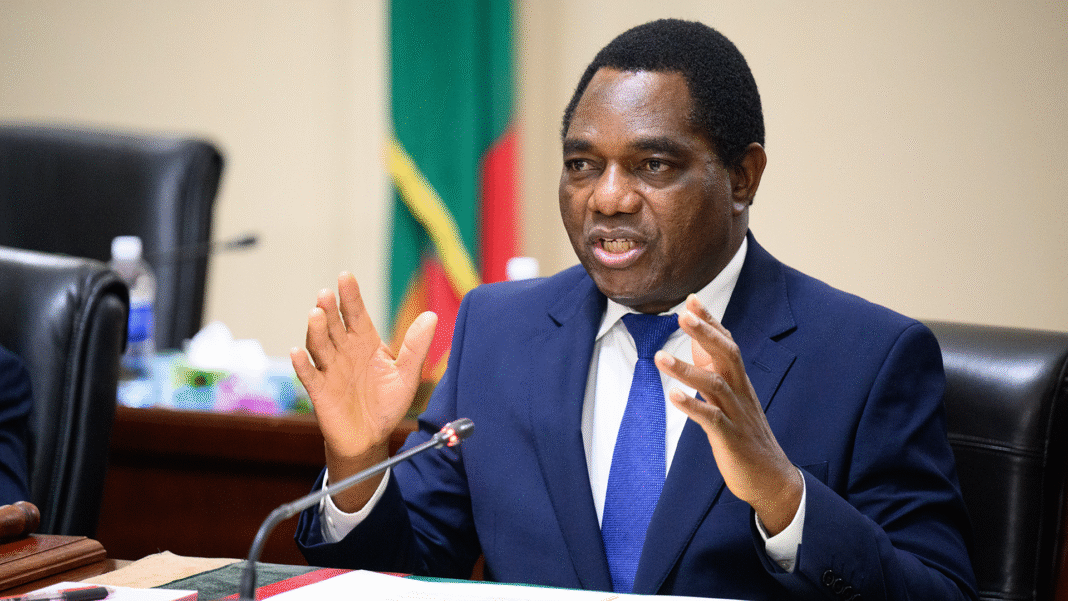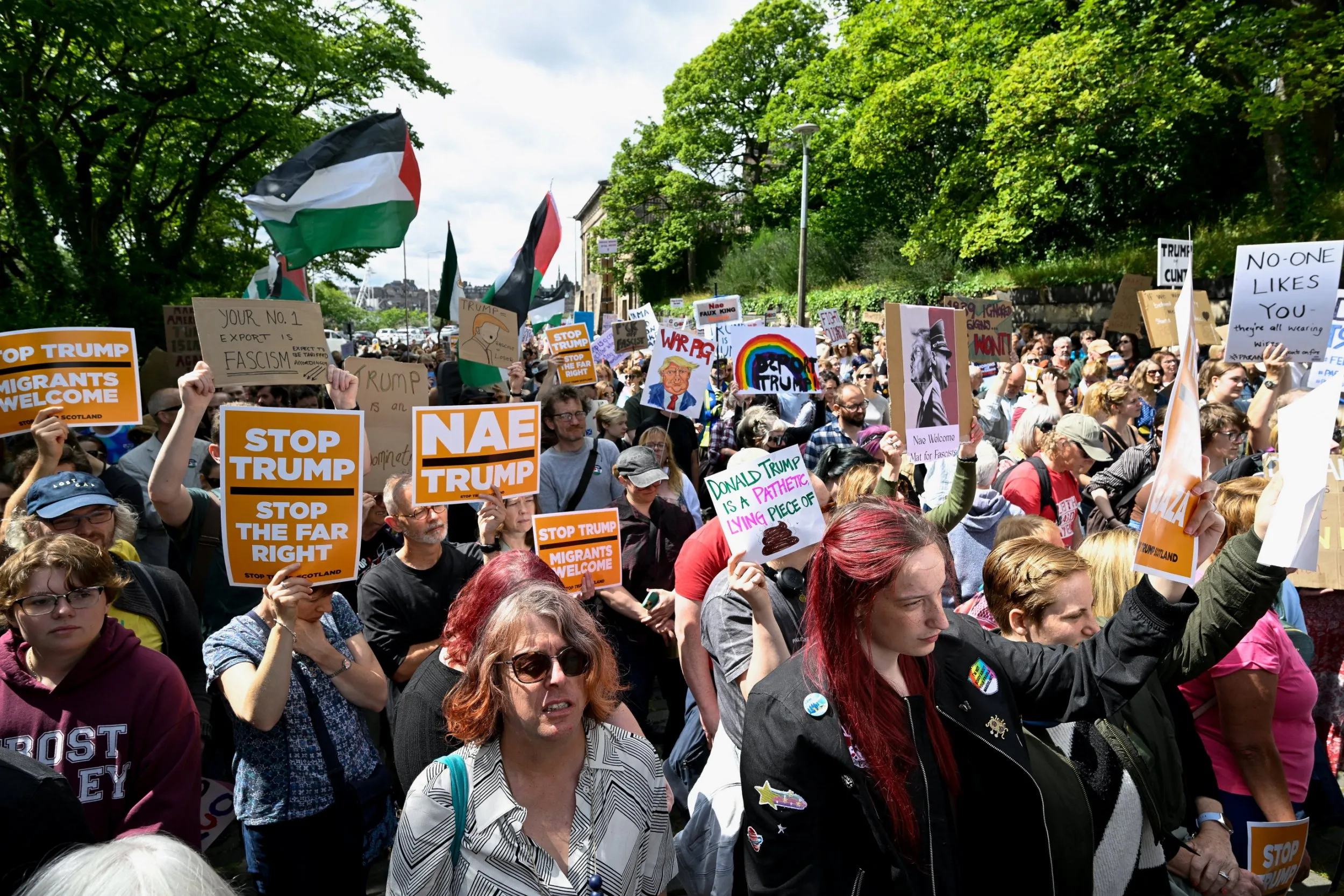By Shahril Bahrom
Copyright therakyatpost

Subscribe to our FREE Newsletter, or Telegram and WhatsApp channels for the latest stories and updates.
When we talk about “freedom” in Malaysia, the conversation often drifts into politics, social issues, or the everyday challenges of being heard in a noisy society. But how free are we, really, when the world looks at us from the outside?
Every year, a US-based organisation called Freedom House releases its Freedom in the World report. It measures how free people are in different countries, based on two things: political rights (like voting and elections) and civil liberties (like free speech, religion, and personal freedoms).
For 2025, Malaysia scored 53 out of 100. That puts us in the category of “Partly Free”.
What does “Partly Free” mean?
Think of it this way: Malaysia is not in the “worst” category like Not Free countries where elections are meaningless and people live in fear of speaking out. But we’re also not in the “best” group like Norway, Japan, or Canada, where democracy is strong and rights are well protected.
Instead, we’re somewhere in the middle. Some freedoms are improving, but others are still stuck.
Some good news for being partly free are:
More political competition – Ever since the 2018 election, Malaysia has seen more variety in who can actually run the government. Coalitions rise and fall, and voters get real choices. It’s messy, but it’s also a sign of democracy at work.
People have more space to speak out – Civil society groups, activists, and even ordinary Malaysians in social media have more influence than before. While criticism can still get you into trouble, the space for debate is wider than it was say 20 years ago.
However, there are some challenges as well:
Laws that curb free speech – Old laws like the Sedition Act and Communications Multimedia Act are still being used. They make many Malaysians think before speaking their minds, especially about sensitive issues like race, religion, or the monarchy.
Inequality and discrimination – While many Malaysians enjoy basic freedoms, minority groups, women, and migrant workers often face extra challenges. Their voices don’t always get equal weight.
Digital restrictions – Malaysia is active online, but not everything is free. Certain websites can be blocked, and laws around “fake news” can be used to silence criticism.
How does Malaysia compare with other countries?
Within Southeast Asia, Malaysia is doing better than countries with heavy censorship or military control.
But compared to Indonesia, which scores slightly higher at 56 out of 100, or advanced democracies outside the region, we still have some catching up to do.
Our other Southeast Asian neighbours however, such as Thailand (34/100), Cambodia (23/100), and Vietnam (20/100), all fall under the “Not Free” category.
Meanwhile, Singapore is ranked as “Partly Free” like Malaysia but has a lower overall score of 48 out of 100.
Scandinavian countries like Sweden and Norway have the highest scores on Freedom House’s freedom index at 99 out of 100, while Finland tops the list at 100.
Interestingly, Malaysia’s press freedom ranking (measured by Reporters Without Borders) jumped up in 2025 — from 107th to 88th in the world. That’s a positive sign but we may still be in the “problematic” zone when it comes to this.
Why should Malaysians care about freedom rankings?
You might wonder: “How does a freedom index affect my life?”.
Well, freedom is not just about politics. It’s about whether you feel safe to express an opinion publicly, whether your vote really counts, whether your children grow up in a society that treats them fairly, and whether you can trust that laws apply equally to everybody.
When a country improves its freedom, people tend to enjoy more stability, more opportunities, and more trust in the system. That’s something that affects everyone — not just politicians or activists.
The Freedom in the World 2025 report has been abridged due to ongoing budget constraints. For a fully-detailed report, check out the 2024 report.
Share your thoughts with us via TRP’s Facebook, Twitter, Instagram, or Threads.



